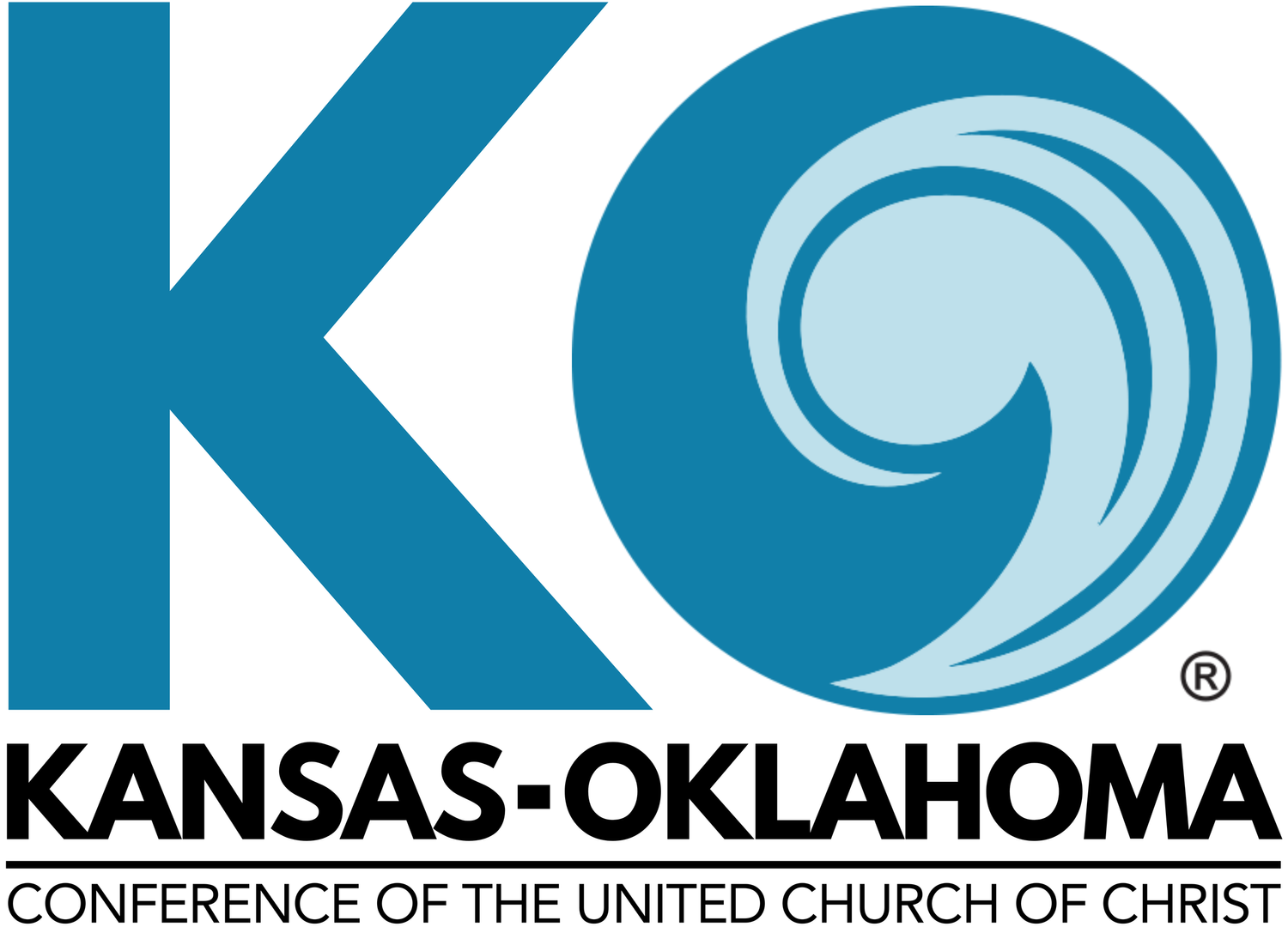A Message From Rev. Lorraine Ceniceros, Conference Minister
Many of you are aware that I serve on the Board of Directors of Kansas Interfaith Action (KIFA). If you are not familiar with KIFA, it is a multi-faith, multi-issue coalition from all over the state of Kansas that educates, engages, and advocates on behalf of people of faith and the public, seeking to effect meaningful change for Kansans. Last weekend KIFA’s Board of Directors met for our annual retreat to talk about action and programming for the coming year. Monday morning the conversation centered around ecumenical work in small cities and what clergy, the congregations they are serving, and members of the communities themselves would need to feel like they have a voice in what is happening politically in the cities where they reside. This conversation caused me to wonder about our UCC congregations located in midsize cities, small towns, and rural settings. How can we help them feel like they have a voice in the world around them—and of equal importance, do they know they are appreciated by the conference?
To define average church size, data gathered as of December 31, 2020, by the UCC Center for Analytics, Research, and Development Data (CARDD) reported the average congregation in the UCC has 164 members, average worship attendance is 56, and median worship attendance is 40. This is an average that includes all the larger and smaller congregational numbers across the UCC. CARDD also reported about that 60% of UCC congregations are considered small and/or rural.
This information is shared, not to invoke a feeling of decline, but to inform us about the importance of our smaller congregations in the life of the conference. Our larger congregations are doing amazing work within their church and their local communities. I deeply value their Gospel witness in the areas they serve and their participation in conference activities. Our smaller congregations might have less resources, but they too are contributing to their local communities in various ways that include collecting and contributing food to local food pantries, housing a food bank, joining with other congregations in their area to offer free community meals, and housing community thrift stores, to name just a few community outreach projects.
As they are doing the work of their church, our smaller congregations might not be as connected or involved in the activities of the conference, and for that I am sorry. My prayer is that they do not feel alone, because they are not alone. We are always stronger together
As our smaller churches are serving their local communities, I believe these congregations would welcome being appreciated and included in the life of the larger church. What would these congregations need to feel loved, appreciated, and supported by the whole of the conference and even in the larger UCC? How can we, as the conference (remember the conference is all of us), be in relationship with these congregations to help them realize they matter in our shared faith life? How do we assure our small and rural congregations that we see them and appreciate the work they are doing, seemingly against all odds, and often on a shoestring budget? How can we invite each other into mutual relationship, not a greater than/lesser than relationship, but a shared relationship that acknowledges that everyone brings knowledge and wisdom to the table? These are questions I’ve been pondering for which I do not have easy answers.
Earlier this year the Rural and Small Church Coalition offered a three-day seminar focused on providing support and resources to, and gratitude for, our smaller congregations. Former General Minister and President Rev. John Dorhauer offered the keynote address. In that address, Rev. Dorhauer provided hope to those attending when he assured them that their congregations have been placed in their locations by the Holy Spirit, and they are needed exactly where they are. While larger congregations have the resources to bring about the work of the Holy Spirit through multi-age programming and community work, smaller congregations also bring alive the work of the Spirit, in smaller ways, among each other. Please rest assured the work of our ministers and the small congregations they serve is seen and appreciated more than they could know.
This year at the Annual Meeting there will be opportunities for delegates and visitors to talk about what gives them life in their congregations and what is challenging for them. Bring your hearts and your voices together so we can listen and learn from each other.
Friends, as always, I pray you keep stretching out of your comfort zone to share the love of Christ with others. Relationships are an important ingredient to help sustain hope in our strife-filled world. Build the bonds of relationship with others in your congregation, your neighborhood, your community, and your sibling UCC congregations.
In that stretching out toward and connecting with theirs, may you feel a deeper connection to the Holy as you share the light of Christ with others.
Many blessings as we walk this journey of faith together,
Lorraine

